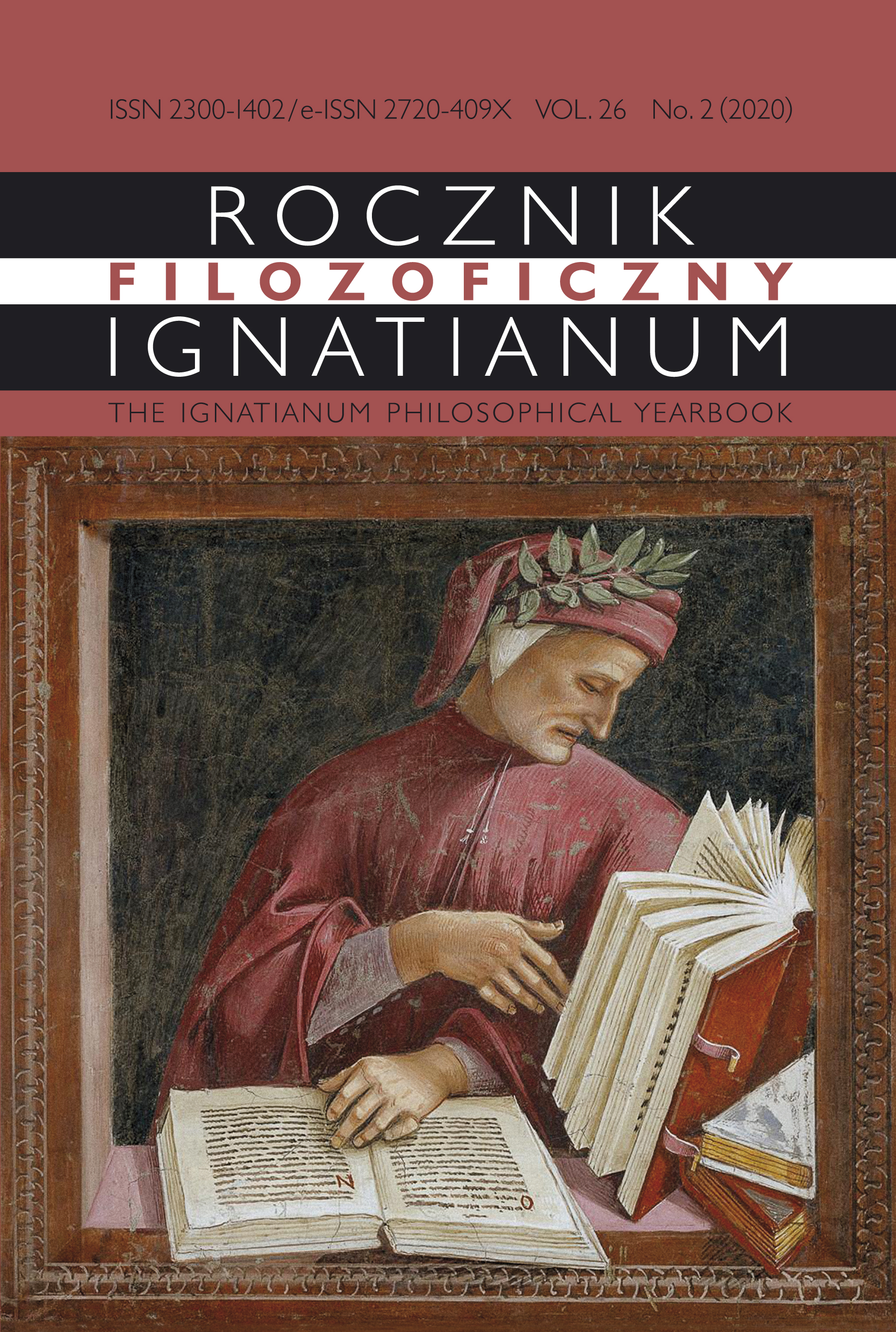Philosophy and Literature
Complications and Transactions
Abstract
This paper discusses the relationship between philosophy and literature, their mutual entanglements, differences and similarities. The aim of the article is to reflect on the different concepts presenting the relationship between these two discourses. The first position claims that philosophy and literature are separate, while the second one blurs the boundaries between them. The latter view has two versions: one that claims to diminish the separateness of the discourses in the name of meaning or indication, and another that accentuates their internal entanglement, which could be described in terms of two phenomena – the literary nature of philosophy and the philosophical nature of literature. Further issues discussed are existential philosophy as a special example of the coincidence of literature and philosophy, and the philosophy of literature as a discipline exposing, among other things, the philosophical nature of literature on top of the philosophical and methodological foundations of its studies. Classical works by Plato and other ancient Greek philosophers, the works of Roman Ingarden, John Austin, Tadeusz Komendant, Albert Camus, and Martin Heidegger are interpreted. The analysis of these works is confronted with the reading of such writers as Fyodor Dostoyevsky, Franz Kafka, Herman Hesse, Witold Gombrowicz and Tadeusz Różewicz. The article is a theoretical inquiry and fits into the discipline which is called the philosophy of literature. The author adopts a hermeneutical perspective, noting, however, that hermeneutics is not a method in the strict sense. The text posits that philosophical and literary discourse are mutually entangled, despite the fact that historically the separateness of the two orders has often been emphasized.
Copyright (c) 2020 Jesuit University Ignatianum in Krakow

This work is licensed under a Creative Commons Attribution-NoDerivatives 4.0 International License.
The Yearbook only accepts materials for publication that are free of all conflicts of interest, and that in no way involve conflicts over authorship, copyright, etc. The Editors will take action against any cases of plagiarizing, ghostwriting1, guest/honorary authorship2, etc. Where co-authored work is concerned, the Author listed first is expected to take responsibility for the submission, and is required to make clear the contributions of all of the Co-Authors involved. In the event of the publication owing its existence to funding dedicated to this purpose, this fact should be made clear: e.g. in any note of thanks/acknowledgement, or in a footnote, etc. Explicit notification should be given of any form of reprinting, with the appropriate evidence of permission to publish being furnished as required. Any impropriety on the part of Authors/Reviewers risks exposing them to appropriate responses from the relevant institutions.
______
1 This term refers to instances of a person who has made an essential contribution being omitted from the list of authors, or from notes conveying gratitude and/or acknowledgement.
2 This occurs when a person who has made either an insignificant contribution or no contribution at all nevertheless appears on the list of authors.





